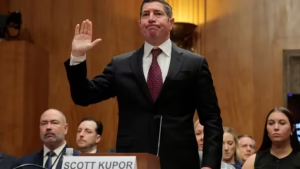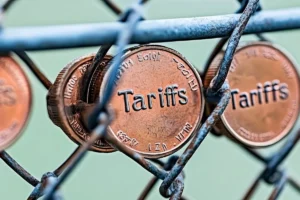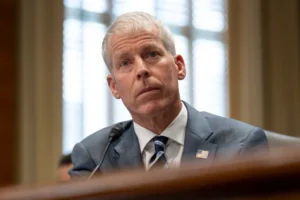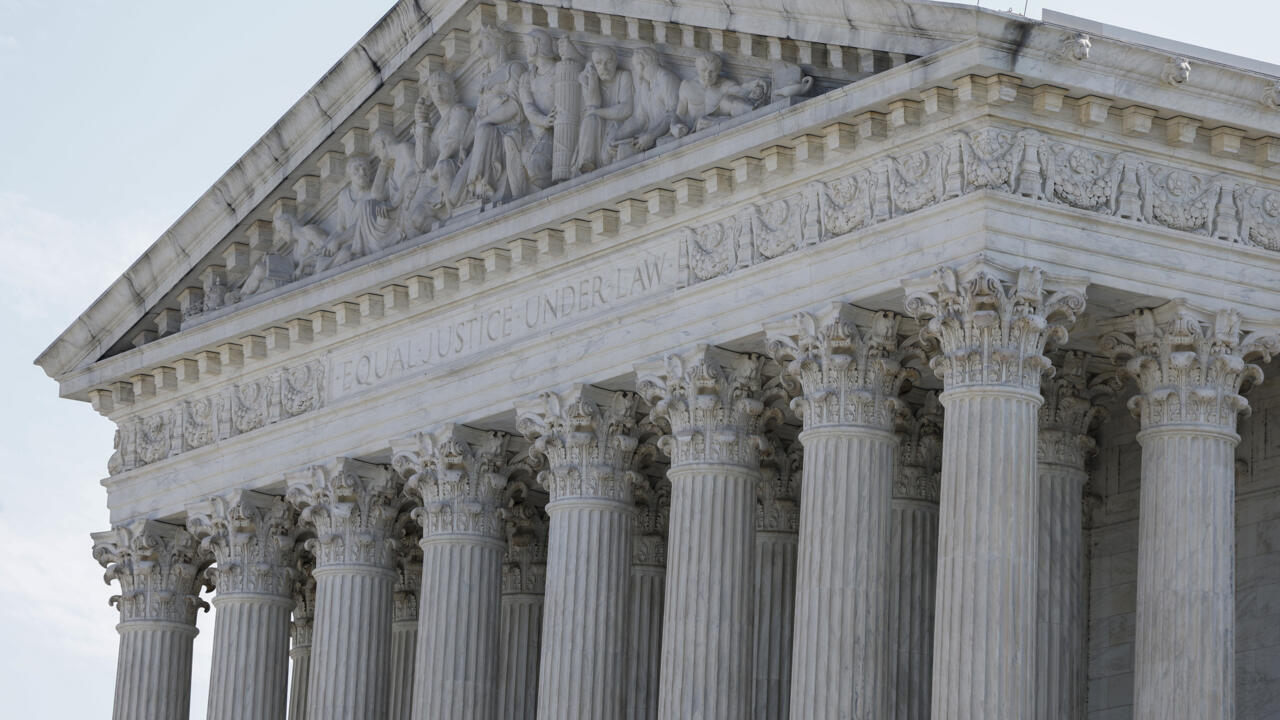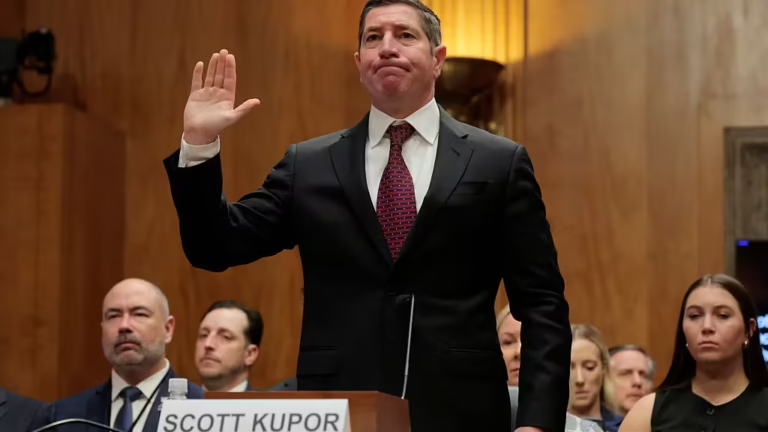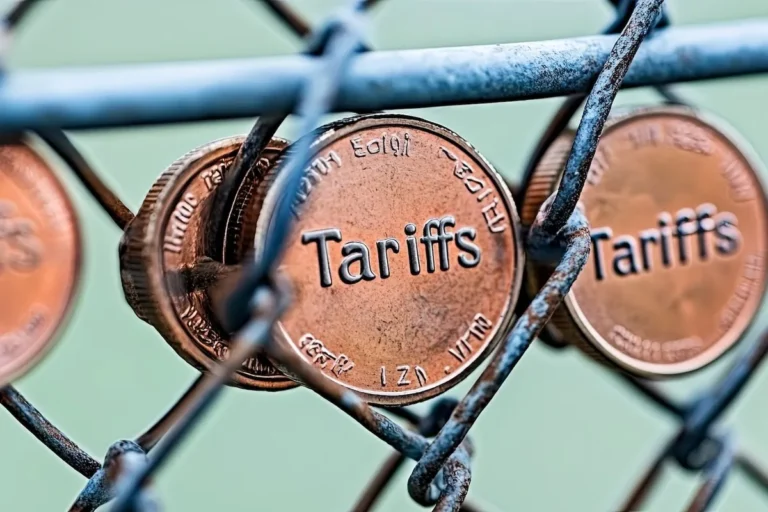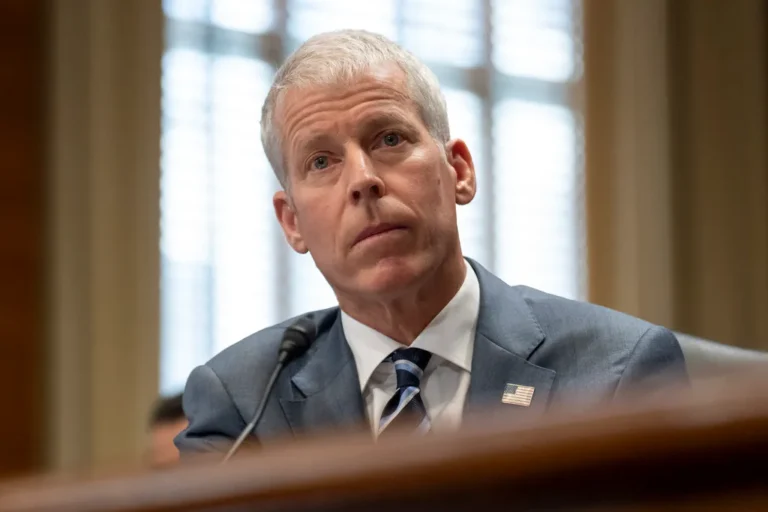Court Greenlights Controversial Deportation Policy
Third-Country Deportations, The U.S. Supreme Court has given President Donald Trump’s administration the green light to resume deporting migrants to third countries — not their nations of origin — without first offering them a chance to present their fears of torture or persecution. The decision marks a major victory for Trump’s aggressive deportation agenda, especially targeting migrants with criminal histories.
The court issued a brief, unsigned order granting the administration’s emergency request to lift a lower court’s injunction. The order came with no explanation, which is common for emergency rulings. The decision immediately sparked outrage from immigration advocates and liberal justices.
Sharp Dissent from Liberal Justices
Justice Sonia Sotomayor, joined by Justices Elena Kagan and Ketanji Brown Jackson, issued a scathing dissent. She accused the court of ignoring the potential harm thousands of migrants may face. Calling the decision a “gross abuse” of power, Sotomayor warned that the ruling strips vulnerable individuals of the right to fair process before being deported to nations with unstable or violent conditions.
She criticized the administration for what she described as repeated violations of judicial orders and expressed concern over the long-term damage to public trust in the courts.
Judge Murphy’s Injunction Still Partially in Effect
U.S. District Judge Brian Murphy had initially issued the injunction on April 18, mandating that deportees be given a “meaningful opportunity” to raise safety concerns. His order came after reports that migrants were being sent to unstable regions like South Sudan and even U.S. military bases abroad.
After the Supreme Court’s intervention, Judge Murphy clarified that his separate injunction — blocking the deportation of eight men to South Sudan — remains in effect.

Migrants Face Deportation Despite Risks
Trina Realmuto, executive director of the National Immigration Litigation Alliance, warned that the Supreme Court’s action could lead to life-threatening consequences. “This strips away critical due process protections that have been protecting our class members from torture and death,” she said.
Migrants affected by this ruling include individuals already convicted of serious crimes in the U.S., including murder, arson, and armed robbery. The Trump administration argues that many home countries refuse to take back these individuals, making deportation to third countries necessary.
Administration Celebrates Victory
White House spokesperson Abigail Jackson praised the ruling as a restoration of the president’s authority. “The Supreme Court’s stay… reaffirms the president’s authority to remove criminal illegal aliens and Make America Safe Again,” she said.
Department of Homeland Security Assistant Secretary Tricia McLaughlin echoed the sentiment, adding, “Fire up the deportation planes.”
A Broader Legal Pattern Emerges
This is not the first Trump immigration policy to reach the Supreme Court. In May, the Court also upheld the administration’s ability to end temporary humanitarian programs. However, it warned the administration about failing to uphold constitutional protections under the Alien Enemies Act — a rarely used wartime law now being applied to deport migrants.
Justice Sotomayor accused the administration of flouting multiple court orders, including using Guantanamo Bay as a transfer point for deportees. “Each time this court rewards noncompliance,” she wrote, “it further erodes respect for courts and for the rule of law.”
More Controversy on the Horizon
Reports have surfaced that U.S. officials are even considering deporting migrants to countries like Libya, despite the State Department’s own documentation of Libya’s poor treatment of detainees. If such actions move forward, they are likely to draw further legal challenges and international criticism.
The administration insists its third-country deportation policy is lawful and necessary to handle criminal aliens who pose threats and whose home countries refuse repatriation. Critics argue the process violates international human rights norms and U.S. legal standards.
A Divisive Immigration Battle Continues
The Supreme Court’s ruling strengthens President Trump’s hardline immigration stance and grants broader authority to deport migrants to potentially unsafe countries. Yet, the legal, moral, and political battles surrounding these actions are far from over. As more deportations are expected in the coming weeks, both the humanitarian consequences and constitutional questions will continue to fuel national debate.
For more latest news checkout our website: usnewsinsight

